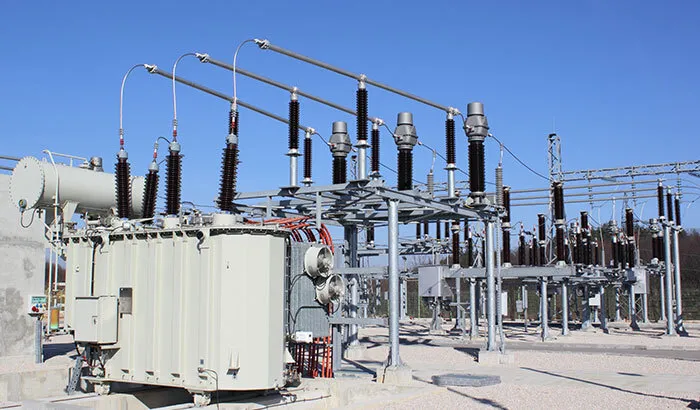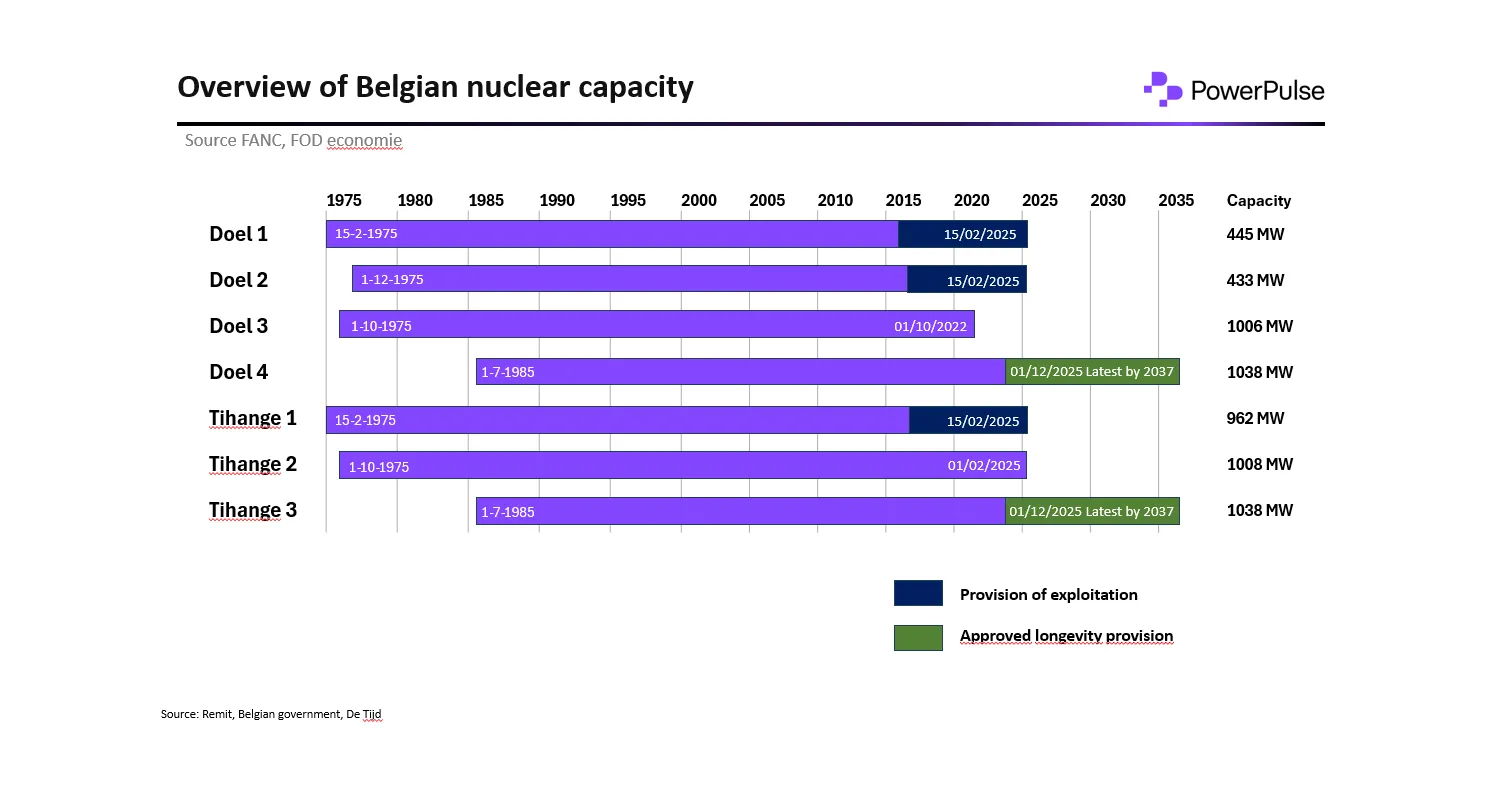
26 juni 2025
Legislation News June 2025
Flexible grid connections in Flanders
The Flemish Government approved a regulatory framework for flexible grid connection agreements aimed at alleviating pressure on the overloaded electricity grid and accelerating access to higher grid capacity for businesses.
With the upcoming electrification of heating, industrial processes and transport, the electric grid is at risk of grid congestion. This requires serious investment in upgrading and reinforcing of the grid. To accommodate requests for reinforcements of the grid connection where there is only limited capacity available on the Fluvius grid, a temporary flexible connection is now possible. It serves as a temporary solution while structural grid upgrades are underway and is expected to reduce waiting lists in congested areas. This measure is a partial transposition of the EU’s Fifth Electricity Directive, which aims to improve electricity market functioning, promote renewable energy, and strengthen consumer rights.
The electricity consumer signs a flexible connection agreements with the grid operator Fluvius. This agreement allows the company to be connected to the grid more quickly, even in areas where grid capacity is currently insufficient. In return, the company agrees to temporary limitations on its electricity usage during peak times or in the event of grid congestion. For example, a contract may guarantee 95% availability of the requested capacity, with the possibility of partial curtailment in exceptional cases. The agreement also include a timeline for when the grid will be structurally reinforced. If this deadline is not met, the customer is entitled to compensation.

Repeal of the nuclear phase-out law
In May 2025, the Belgian Chamber of Representatives formally repealed the 2003 law on phasing out nuclear power, thereby ending the legal ban on the construction of new nuclear power plants and the mandatory closure of existing reactors by 2025.
A majority in the Belgian Chamber of Representatives has decided to repeal the nuclear phase-out law. The law remains formally in place, but has been thoroughly rewritten. The term ‘phase-out’ has been removed from the title, which now reads: Law on Nuclear Energy for Industrial Electricity Production. The ban on the construction of new nuclear power plants has been lifted. This opens the door to the development of new technologies such as small modular reactors (SMRs). The closure dates for most nuclear power plants have been removed from the law, with the exception of Doel 4 and Tihange 3, which, according to an existing agreement with operator Engie, are still scheduled to close in 2035. The Government is also considering a further extension of the lifetime of Doel 4 and Tihange 3 until 2045, but this will require a new deal with Engie. For older reactors such as Doel 1 and 2 and Tihange 1, extension is technically possible but legally and safety-wise complex.

Postponement of the PV obligation in Flanders
The Flemish Government has officially postponed the implementation of its mandatory solar panel (PV) installation requirement for large electricity consumers. Originally set to take effect on July 1, 2025, the obligation will now be enforced starting April 1, 2026.
After the relaxation of the PV-obligation in the previous quarter, the Flemish Government now postpones the obligation with 9 months. In the draft of the decree for relaxation, the deadlines for several options to postpone the compliance to the obligation (contract for PV-installation, request for environmental permit, purchase of site, bankruptcy) differed from each other. The Council of State has ruled that the current articles in the Energy Decree do not provide for any postponement, other than demolition or roof replacement. Therefore, the Energy Decree must first be amended before a varied postponement can be granted. However, it is not possible to approve and bring into force both a decree and the implementing decisions before 30 June. It has therefore been decided to postpone all obligations by nine months to 1 April 2026, in line with the period provided for the shortest postponement with regard to the original deadline. Once the decree has been amended, it will also be possible to grant a longer deferral (e.g. for environmental permits, sale or bankruptcy).
